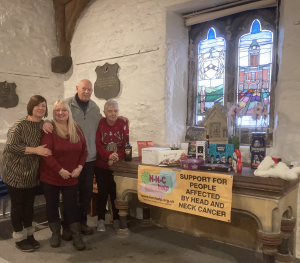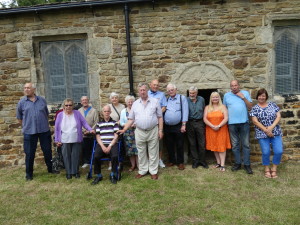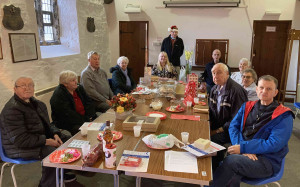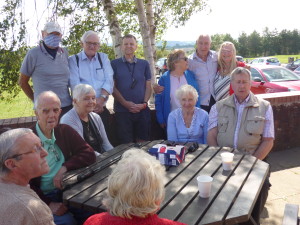The development of effective vaccines for Covid has saved tens of thousands of lives to date and will save even more in the future. Twelve months ago we were uncertain about the effectiveness of any of the various vaccines under development but now have several that have proved to be effective at defending against serious illness or death. Science at its best!
Cancer presents a more difficult challenge than combatting a new virus, even one that causes a pandemic. Cancer arises from cell changes through damage, but these can have a myriad of triggers or causes. It can be radiation such as ultra-violet from the Sun or chemicals such as those ingested when smoking a cigarette. Treatments starting with surgery and later radiotherapy and chemotherapy have saved many lives but are not as yet a “cure”. The latest arrival on the scene is immunotherapy. It is a type of treatment that helps your immune system, which combats other diseases and infections, fight cancer.
New Treatment Destroys Head and Neck Cancer Tumours in Trial
This was the headline for an article in the Guardian newspaper in October. The trial looked at the benefit of combining two immunotherapy agents compared to the current chemotherapy regime for patients with recurrent or advanced head and neck cancer. The agents were nivolumab and ipilimumab.
There were some remarkable patients’ stories, when having had a terminal cancer diagnosis they were now cancer free and enjoying life to the full, several years later.
Sadly the reports do not present the complete picture. Overall the survival statistics were not significantly better. The benefits of the treatment were seen only in some patients – those who carried a particular genetic marker PD-L1.
Professor Kevin Harrington, of the Royal Marsden and Institute of Cancer Research, said “despite the lack of statistical significance, these results are clinically meaningful. We will need to do a longer follow-up to see if we can demonstrate a survival benefit across all patients in the trial.”
On Monday December 6th NICE reported some significant news:
As you will be aware the Department for Health and Social Care has asked NICE to carry out an appraisal of nivolumab with ipilimumab for untreated recurrent or metastatic squamous cell cancer of the head and neck cancer.
For information, the company have advised that they will no longer be pursuing a marketing authorisation application in this indication at this time.
Therefore, NICE has decided to suspend this appraisal from its current work programme.
So the headlines may have been a bit overblown. However there is no doubting the benefit of continuing to develop immunotherapy treatments, not least because they are far kinder to the patients than the usual chemotherapy agents.





